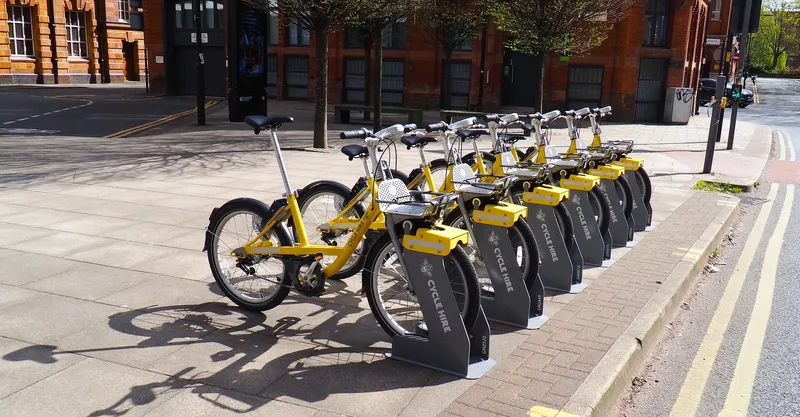A widespread congestion-busting road improvement programme worth hundreds of millions of pounds has now tackled 39 bottlenecks, with more than another 80 to be completed in the next seven months.
According to the Highways Agency, the US$515 million ‘pinch point’ programme will cut congestion, increase safety and improve journey times and help support the creation of 300,000 new jobs and 144,000 homes.
The improvement plans, part of the biggest programme of road enhancements since the 1970s, were dra
September 15, 2014
Read time: 2 mins
A widespread congestion-busting road improvement programme worth hundreds of millions of pounds has now tackled 39 bottlenecks, with more than another 80 to be completed in the next seven months.
According to the503 Highways Agency, the US$515 million ‘pinch point’ programme will cut congestion, increase safety and improve journey times and help support the creation of 300,000 new jobs and 144,000 homes.
The improvement plans, part of the biggest programme of road enhancements since the 1970s, were drawn up by the Highways Agency working with local councils and communities.
The 121 schemes are distributed across England’s major road network and include the A30 Loggans Moor roundabout and approach roads in Hayle, Cornwall, and the A1/A47 junction at Wansford, Cambridgeshire, as well as schemes in Hampshire, West Midlands and Hull.
Roads minister John Hayes said: “We are investing record amounts in motorways and major roads – and every one of these pinch point schemes will deliver benefits to thousands of drivers. Some of the benefits are immediate – such as improved road markings to help traffic flow better through a junction; in other cases the roads are being improved now so they can accommodate local development in the future.
“The completed schemes will together help support the creation of more than 300,000 new jobs and 144,000 new homes – so it’s good news for all road users, for local communities and the economy.”
Highways Agency divisional director Matt Sweeting said: “The pinch point programme, the bulk of which will be completed over the next seven months, provides smaller scale improvements that can deliver big returns by easing congestion and making journey times more reliable for road users, including hauliers and commuters; all of this will help boost local economies and drive economic growth.”
According to the
The improvement plans, part of the biggest programme of road enhancements since the 1970s, were drawn up by the Highways Agency working with local councils and communities.
The 121 schemes are distributed across England’s major road network and include the A30 Loggans Moor roundabout and approach roads in Hayle, Cornwall, and the A1/A47 junction at Wansford, Cambridgeshire, as well as schemes in Hampshire, West Midlands and Hull.
Roads minister John Hayes said: “We are investing record amounts in motorways and major roads – and every one of these pinch point schemes will deliver benefits to thousands of drivers. Some of the benefits are immediate – such as improved road markings to help traffic flow better through a junction; in other cases the roads are being improved now so they can accommodate local development in the future.
“The completed schemes will together help support the creation of more than 300,000 new jobs and 144,000 new homes – so it’s good news for all road users, for local communities and the economy.”
Highways Agency divisional director Matt Sweeting said: “The pinch point programme, the bulk of which will be completed over the next seven months, provides smaller scale improvements that can deliver big returns by easing congestion and making journey times more reliable for road users, including hauliers and commuters; all of this will help boost local economies and drive economic growth.”








